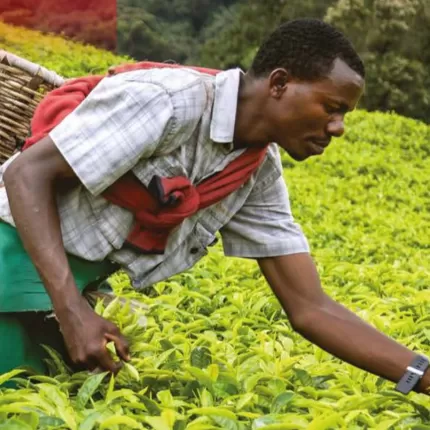In response to growing interest in how a Living Wage might be applied beyond national borders, in 2015 the Association of Chartered Certified Accountants (ACCA) and the Living Wage Foundation undertook a major consultation exercise with participants from civil society, business and governments around the world to explore the concept of a Living Wage.
What we did?
A review was undertaken of major national and regional Living Wage campaigns currently underway around the world and a series of seven roundtables were held in different countries on what constitutes a Living Wage and how it should be applied. Over 140 experts from around the world participated in the consultation including employers, trade unions, academics, campaign groups and government representatives.
Key findings:
- The debate over the Living Wage is a worldwide issue and gathering pace.
- The importance of a robust evidence base about the benefits of paying a Living Wage (as opposed to the lower statutory minimum wage) is key to success.
- Enhanced productivity, a more motivated and content workforce, living up to stated values and reduced reputational risk are the main drivers for organisations to become Living Wage champions.
- Although big brands have influence all the way down the supply chain, the fragmentation and fluidity of the supply chain at the furthest ends make brand enforcement of Living Wage commitments complex and costly.
- Public sector bodies can play a major role in influencing their own supply chains through the use of Living Wage clauses in procurement contracts.
- Calculating a Living Wage is a complex matter and significantly influenced by local cultural and economic factors.
Principles:
Despite the complexities involved, discussion helped to form a set of six principles, designed to help develop common approaches and support take-up of the Living Wage globally and down supply chains:
- A Living Wage should be calculated by reference to the income an individual needs to earn to live a decent life (where basic standards of living are met) and to participate fully in society.
- The Living Wage for any country should be set by reference to local living standards and needs.
- The Living Wage should be set in a transparent way, independent of control or manipulation by government, employers or other parties.
- A Living Wage should be sufficient to pay for a locally agreed basket of goods, which is likely to include food, housing, utilities, transport, a degree of leisure and potentially education, health insurance, childcare, servicing debt and savings. A Living Wage is likely to include support for family members as defined in the local context.
- A Living Wage should be paid to all employees (male and female) over a locally agreed minimum working age.
- A Living Wage should be paid voluntarily by employers.
Katherine Chapman, Director, Living Wage Foundation said:
'The concept of a 'Living Wage' - that people should earn enough to maintain a dignified standard of living - has gained increasing prominence around the world as a way to tackle the growing problem of in-work poverty.
'Participants in the roundtables we held represented a broad spectrum of business and society, including employers, worker representatives, academics, campaign groups and other parties interested in the Living Wage concept. There are inevitably challenges in developing consensus on what constitutes a Living Wage and how it should be applied, but the principles developed through the roundtable discussions show that many areas of common thinking do exist.
We hope these reports offer practical support and a robust basis for discussion on how to develop Living Wages around the world and ultimately encourage more employers to embrace the Living Wage.'
Where next?
A number of Living Wage employers, multi stakeholder agencies and other interested parties including Burberry, HSBC and Oxfam have come together to discuss harnessing the increasing interest to address in-work poverty across all sectors and multiple geographies, as part of a unified, global process.
For more information and to be updated as the project progresses, please email us.


